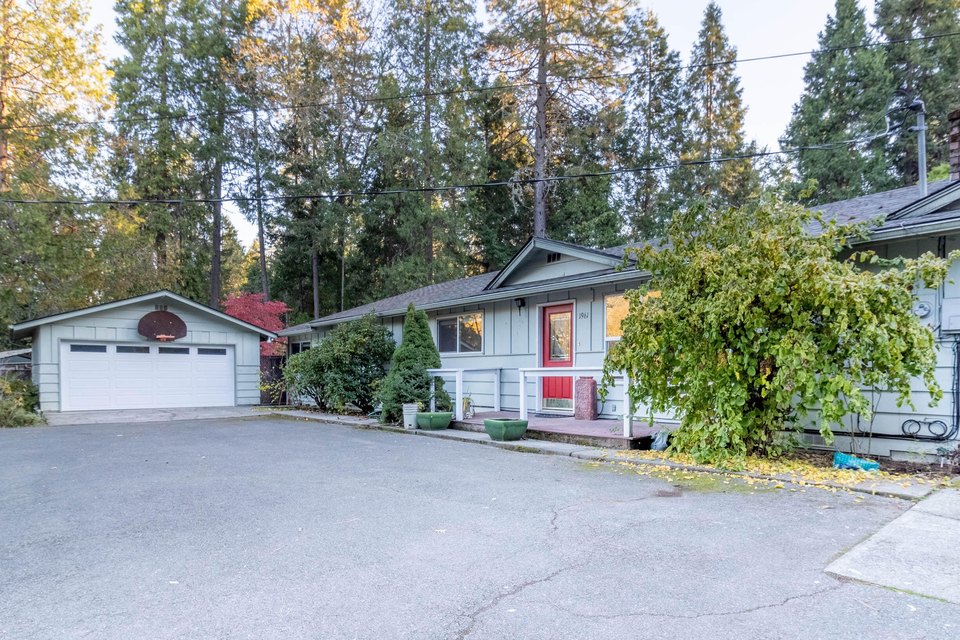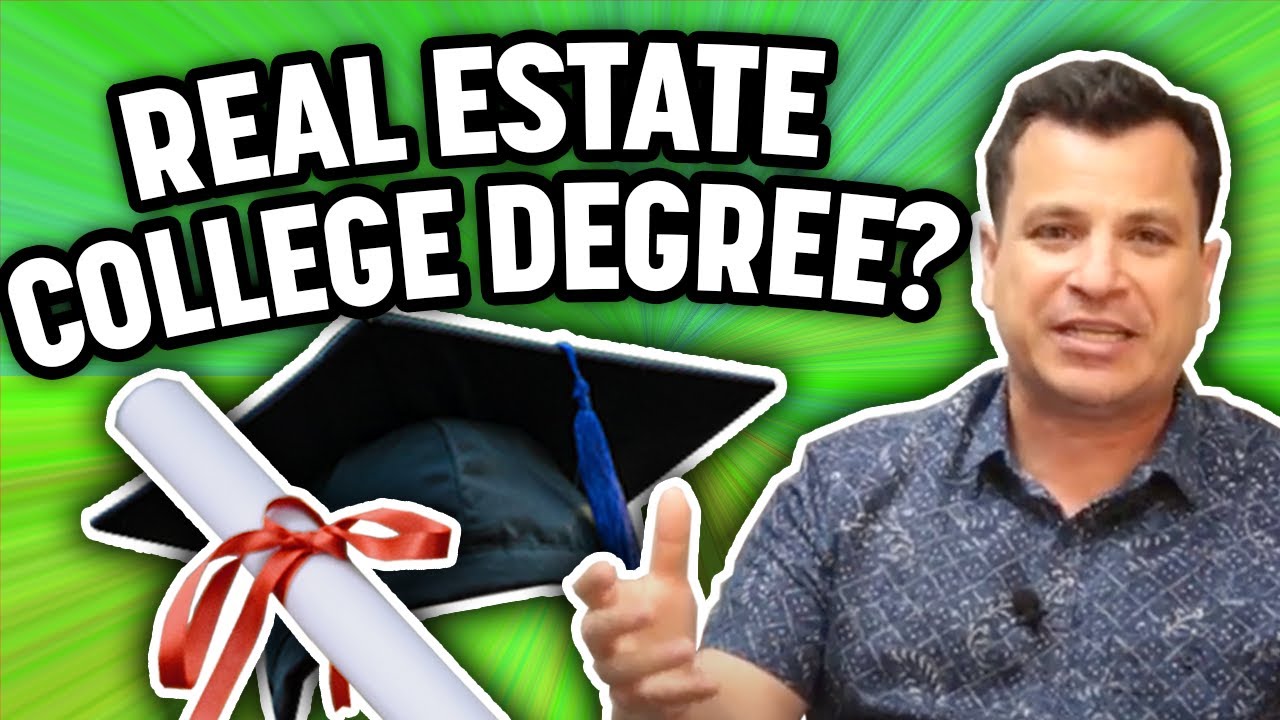
First step in becoming an agent is to get your license. Your sponsoring broker can help you if you're new to the industry. Although the sponsoring agent can give you valuable experience and knowledge in this area, it is your responsibility to market yourself and your business. Once you have your license, it is important to promote yourself. To establish a positive image, you need to advertise your name as well as your business.
Exam prep packages ensure you walk into your real estate license exam with confidence
Exam prep packages are a great way for real estate license preparation. These courses offer everything, including webinars and training materials as well as practice tests and state-specific exams. Some offer flashcards and e-books. The best part is that these courses come with a money-back guarantee! It's risk-free to give them a go. Here's how to get started.

Mbition is a good example. It includes a customized study plan, practice exams and flashcards in its test prep package. You will also find material about real estate contracts and legal issues. The price of these exam prep courses depends on the state and how many practice sessions you purchase. However, you can get a basic nationwide exam prep course for about $49! If you don’t feel like spending too much, there are state-specific courses that you can take.
Requirements
Virginia's real estate agents license can be obtained if you're at least 18 and have a high-school diploma. If you have no criminal convictions, you must complete a pre-license course, take PSI Exams, and then complete an interview with the broker of your choice. After your interview is completed, you will be able to submit your application at the Real Estate Board. After you have completed the required coursework, your license to practice real estate is granted.
Virginia's real estate agents must have full reciprocity. You can become a licensed agent in Virginia if you already hold a license from another state. You must have 24 months experience in real estate to be licensed in Virginia. If you have a license from another state, you don't need to take any prelicensing courses and can apply online.
Exam requirements
If you're thinking about becoming a real estate agent in Virginia, you may be wondering about the required education. You will need to complete 60 hours in pre-licensing training before becoming an agent. These courses are available online and at local community colleges. You must complete a course called Principles and Practices of Real Estate Salespersons before you can sit for the real-estate exam. This course will provide you with the foundations of real property, including Virginia's laws. After passing this course you can sit for the state examination.

Fingerprinting is a required step toward becoming a real estate agent in Virginia. The Board requires applicants to provide fingerprints to pass a background check. You can obtain fingerprints at PSI testing centres. If you're taking the written exam, you can visit a testing center in Virginia to complete the fingerprinting process. After passing the exam successfully, your fingerprints will go to the Virginia Central Criminal Records Exchange in order for background check.
FAQ
What are the three most important factors when buying a house?
The three most important factors when buying any type of home are location, price, and size. Location is the location you choose to live. Price is the price you're willing pay for the property. Size refers how much space you require.
How do I calculate my rate of interest?
Market conditions influence the market and interest rates can change daily. The average interest rate over the past week was 4.39%. The interest rate is calculated by multiplying the amount of time you are financing with the interest rate. If you finance $200,000 for 20 years at 5% annually, your interest rate would be 0.05 x 20 1.1%. This equals ten basis point.
What amount of money can I get for my house?
The number of days your home has been on market and its condition can have an impact on how much it sells. According to Zillow.com, the average home selling price in the US is $203,000 This
What is a reverse mortgage?
Reverse mortgages allow you to borrow money without having to place any equity in your property. It allows you access to your home equity and allow you to live there while drawing down money. There are two types: conventional and government-insured (FHA). Conventional reverse mortgages require you to repay the loan amount plus an origination charge. FHA insurance covers the repayment.
What flood insurance do I need?
Flood Insurance covers flood damage. Flood insurance helps protect your belongings, and your mortgage payments. Find out more information on flood insurance.
Statistics
- Private mortgage insurance may be required for conventional loans when the borrower puts less than 20% down.4 FHA loans are mortgage loans issued by private lenders and backed by the federal government. (investopedia.com)
- Over the past year, mortgage rates have hovered between 3.9 and 4.5 percent—a less significant increase. (fortunebuilders.com)
- When it came to buying a home in 2015, experts predicted that mortgage rates would surpass five percent, yet interest rates remained below four percent. (fortunebuilders.com)
- This seems to be a more popular trend as the U.S. Census Bureau reports the homeownership rate was around 65% last year. (fortunebuilders.com)
- 10 years ago, homeownership was nearly 70%. (fortunebuilders.com)
External Links
How To
How to Manage A Rental Property
It can be a great way for you to make extra income, but there are many things to consider before you rent your house. We will show you how to manage a rental home, and what you should consider before you rent it.
Here's how to rent your home.
-
What factors should I first consider? Take a look at your financial situation before you decide whether you want to rent your house. If you have outstanding debts like credit card bills or mortgage payment, you may find it difficult to pay someone else to stay in your home while that you're gone. You should also check your budget - if you don't have enough money to cover your monthly expenses (rent, utilities, insurance, etc. It may not be worth it.
-
How much does it cost for me to rent my house? It is possible to charge a higher price for renting your house if you consider many factors. These include things like location, size, features, condition, and even the season. It's important to remember that prices vary depending on where you live, so don't expect to get the same rate everywhere. Rightmove reports that the average monthly market price to rent a one-bedroom flat is around PS1,400. If you were to rent your entire house, this would mean that you would earn approximately PS2,800 per year. That's not bad, but if you only wanted to let part of your home, you could probably earn significantly less.
-
Is it worthwhile? There are always risks when you do something new. However, it can bring in additional income. It is important to understand your rights and responsibilities before signing anything. It's not enough to be able to spend more time with your loved ones. You'll need to manage maintenance costs, repair and clean up the house. Before signing up, be sure to carefully consider these factors.
-
What are the benefits? Now that you have an idea of the cost to rent your home, and are confident it is worth it, it is time to consider the benefits. You have many options to rent your house: you can pay off debt, invest in vacations, save for rainy days, or simply relax from the hustle and bustle of your daily life. You will likely find it more enjoyable than working every day. You could make renting a part-time job if you plan ahead.
-
How can I find tenants? Once you've made the decision that you want your property to be rented out, you must advertise it correctly. Make sure to list your property online via websites such as Rightmove. You will need to interview potential tenants once they contact you. This will help you evaluate their suitability as well as ensure that they are financially secure enough to live in your home.
-
What can I do to make sure my home is protected? If you fear that your home will be left empty, you need to ensure your home is protected against theft, damage, or fire. In order to protect your home, you will need to either insure it through your landlord or directly with an insured. Your landlord will likely require you to add them on as additional insured. This is to ensure that your property is covered for any damages you cause. If you are not registered with UK insurers or if your landlord lives abroad, however, this does not apply. In this case, you'll need to register with an international insurer.
-
Sometimes it can feel as though you don’t have the money to spend all day looking at tenants, especially if there are no other jobs. However, it is important that you advertise your property in the best way possible. Post ads online and create a professional-looking site. Also, you will need to complete an application form and provide references. Some prefer to do it all themselves. Others hire agents to help with the paperwork. In either case, be prepared to answer any questions that may arise during interviews.
-
What should I do once I've found my tenant? If there is a lease, you will need to inform the tenant about any changes such as moving dates. You can negotiate details such as the deposit and length of stay. While you might get paid when the tenancy is over, utilities are still a cost that must be paid.
-
How do I collect my rent? You will need to verify that your tenant has actually paid the rent when it comes time to collect it. You'll need remind them about their obligations if they have not. You can deduct any outstanding payments from future rents before sending them a final bill. You can always call the police to help you locate your tenant if you have difficulty getting in touch with them. The police won't ordinarily evict unless there's been breach of contract. If necessary, they may issue a warrant.
-
How do I avoid problems? You can rent your home out for a good income, but you need to ensure that you are safe. Install smoke alarms, carbon monoxide detectors, and security cameras. You should also check that your neighbors' permissions allow you to leave your property unlocked at night and that you have adequate insurance. Do not let strangers in your home, even though they may be moving in next to you.